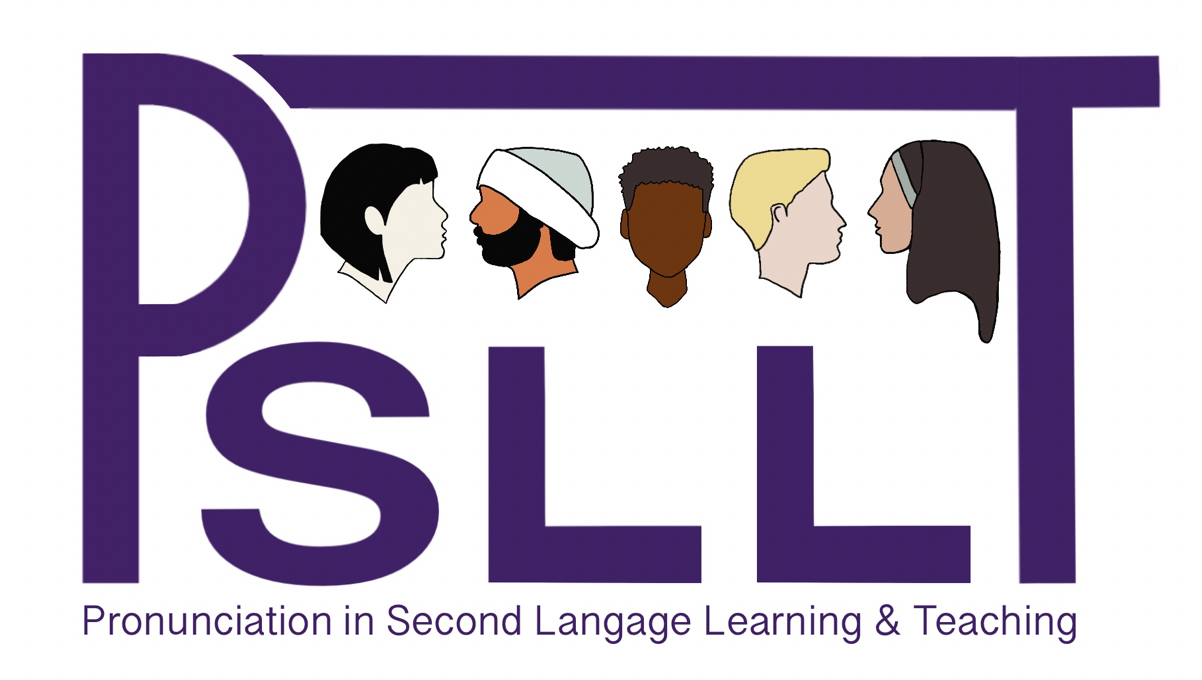The Effects of Corrective Feedback Frequency on ESL Pronunciation Uptake, Repair, and Preference
Abstract
Despite growth in second language pronunciation research, there is limited research on Corrective Feedback (CF) frequency and pronunciation. This study examined effects of CF frequency on learner uptake, repair, and CF preferences. Participants (n=9) joined an English pronunciation tutoring session and received high (100%) or low (50% feedback on productive activities) feedback. Surveys (pre- and post-) established biographical data and explored preferences for CF. Sessions were analyzed for pronunciation errors, uptake, and repair success. Participants reported mostly positive emotions when receiving feedback. Participants wanted frequent CF. Results from a Chi-squared test showed CF frequency did not affect uptake. Frequency may have impacted repair success (i.e. marginal significance [p=.08] was found when comparing high and low feedback groups using a Mann-Whitney U); the low feedback group had a higher repair success rate. Results suggest that while learners prefer high feedback, we need to explore CF frequency and repair.
Keywords: ESL, second language learning, pronunciation, corrective feedback, error repair, uptake, preference for CF, frequency of feedback, frequency of CF
How to Cite:
White, R. & McCrocklin, S. (2024). The Effects of Corrective Feedback Frequency on ESL Pronunciation Uptake, Repair, and Preference. In D. J. Olson, J. L. Sturm, O. Dmitrieva, & J. M. Levis (eds), Proceedings of 14th Pronunciation in Second Language Learning and Teaching Conference, (pp. 1-11). Purdue University, September 2023. https://doi.org/10.31274/psllt.17321
Downloads:
Download PDF
View PDF
341 Views
87 Downloads

